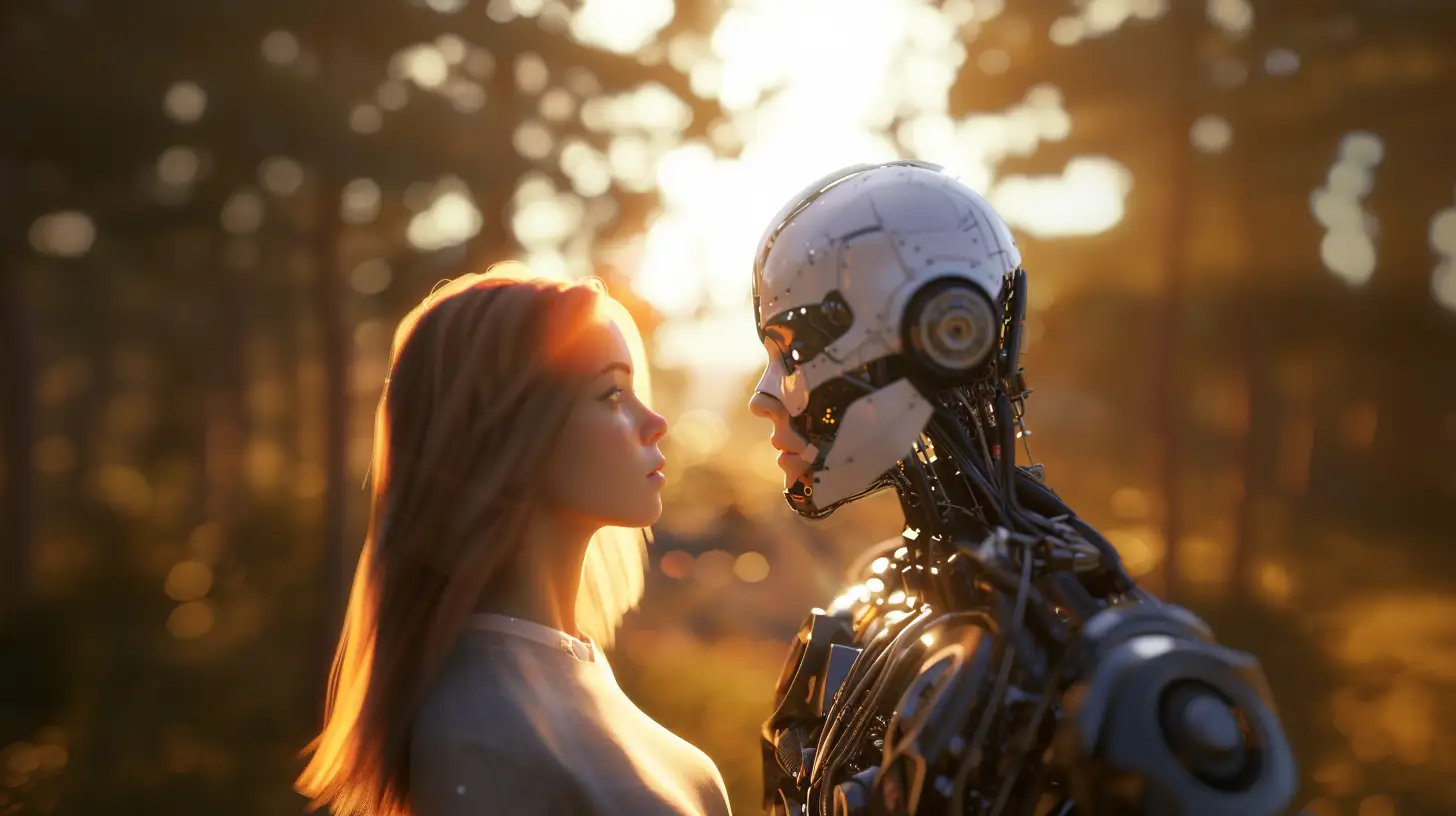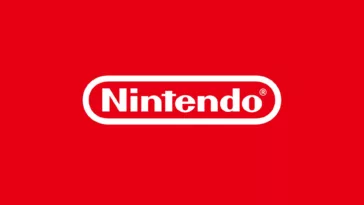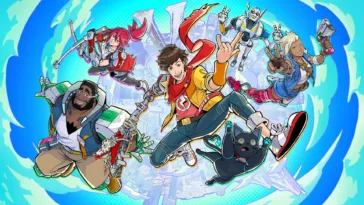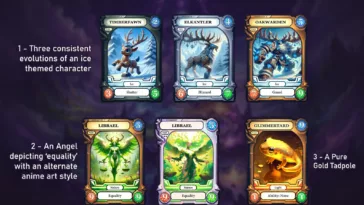The promise of generative AI (artificial intelligence) has been tempered by a growing dark cloud: the increasing displacement of human creators across industries. While some dismiss artists' concerns with quips and memes, a recent survey by the Society of Authors (SoA) confirms the harsh reality – AI is actively harming careers, and the gaming industry isn't immune.
The Survey: A Snapshot of Generative AI's Growing Influence
The SoA's timely survey delves into creators' experiences with generative AI and their stark visions for the future. Here's the core of what was uncovered:
- AI Adoption is Surging: A worrying 22% of participants already incorporate generative AI into their work, with translators showing the highest adoption rate (37%).
- Illustrators Bear the Brunt: 26% of illustrators have lost work to AI, a devastating blow to a visually-oriented profession.
- Translators Face the Squeeze: 36% of translators see AI eroding their job prospects, compounding challenges in an already competitive field.
- Income Loss is Widespread: Roughly one-third of illustrators and over 40% of translators have experienced decreased earnings directly linked to generative AI.
Voices of Concern: Creators Call for Urgent Action
The survey paints a dire picture, and it's unsurprising that 95% of creators demand a regulatory response. Key desires include:
- Recognition and Remuneration: Creators want credit and compensation when their work fuels AI training.
- The Power of Consent: Artists insist on having a say in whether their work can be used to refine AI models.
- Government Intervention: Creators want safeguards ensuring transparency in AI use, from training to deployment.
The Debate Continues: AI's Pros and Cons
It's important to acknowledge the potential benefits of generative AI:
- Efficiency Gains: AI can speed up repetitive tasks, potentially freeing up time for higher-level creative work.
- New Avenues for Expression: Generative tools can inspire artists and open up new possibilities.
However, the downsides cannot be ignored:
- Job Displacement: The SoA survey is just the tip of the iceberg. AI may increasingly replace artists and writers.
- The Threat of Devaluation: AI-generated content could flood the market, devaluing human artistry.
AI's Unique Threat to the Games Industry
The games industry is built upon the artistry and imagination of writers and illustrators. They craft the compelling narratives, design the iconic characters, and create the immersive worlds gamers adore. Generative AI has the potential to disrupt this delicate balance in several alarming ways:
- Automated Concept Art: AI image generators could displace concept artists, those who visually lay the foundation of a game's aesthetic. This could result in less unique, potentially derivative game visuals.
- Cheapened Storytelling: AI-written scripts and dialogue could tempt developers looking to cut corners. This could lead to generic plots, stilted interactions, and a decline in the overall narrative quality gamers expect.
- Generic Asset Flooding: AI-generated music, sound effects, and even 3D models may lead to a lack of differentiation. Games could feel increasingly cookie-cutter, losing the distinct artistic touches that give them personality.
While AI tools offer potential benefits, the risks are clear. The games industry thrives on originality and creative expression, things that, at present, AI can only imitate, not truly generate.
Where Do We Go From Here?
The path forward demands a nuanced debate. Here are key things to ponder:
- Evolving Skillsets: What new skills will creators need to thrive in an AI-influenced landscape?
- Regulation and Ethics: How can we balance innovation with the protection of human artists?
- Redefining Value: How can society continue to value and appreciate original human work in the age of AI?
The SoA survey is a wake-up call, and its implications for the games industry must not be ignored. While AI holds promise, its unchecked development threatens the livelihoods and futures of those who build the worlds we play in. It's time for policymakers, businesses, creators, and gamers themselves to engage in a crucial dialogue about how we can balance innovation with the protection of the irreplaceable human artistry that brings games to life.
Source: Society of Authors




